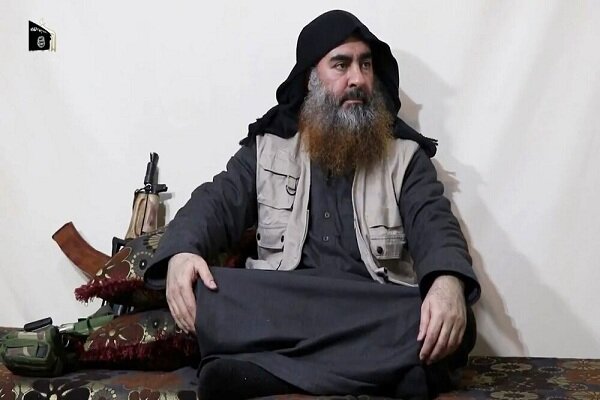
The Daesh leader appeared in a video on Monday which the group said had been shot in April, Abu Bakr al-Baghdadi’s first appearance in five years.
The heftier-than-before leader was calmly speaking about their defeat in Baghuz in Syria, and how they had tried to retaliate in heavy suicide attacks which took place in Sri Lanka recently. Not only that, he was vowing to seek revenge for its loss of territory.
The question is now this: how powerful really is the world community to secure itself against such threats? Are the countries failing themselves security-wise?
The first US reaction came from the Pentagon. “We are aware of a video posted today reportedly showing Abu Bakr al-Baghdadi,” said Pentagon spokesman Navy Commander Sean Robertson. “We are continuing to support partner forces in their mission of an enduring defeat of ISIS,” he said, according to Reuters.
Elsewhere, a spokesman for the US-led coalition fighting Daesh told CNN, “We are continuing to support partner forces in their mission of an enduring defeat of Daesh, which includes the capability to finance their operations, recruit new members, and collaborate to conduct violent extremist attacks.”
Despite this, the Iranian government has in the past been trying to question America’s claim to fighting Daesh, even claiming that there exists some sort of cooperation between the two.
Chief of the Iranian Army Ground Force said in mid-April that his forces had been deployed to Iran’s eastern borders because of Daesh movements in Afghanistan.
“Given that the Americans have brought Daesh to Afghanistan and based on a decision made by the General Staff of the Armed Forces, the Army’s ground forces were deployed in eastern borders,” Brigadier General Kiumars Heidari said at a press conference.
The commander of the IRGC Quds Force, Major General Qassem Soleimani, said in February that Syrian President Bashar al-Assad’s visit to Tehran earlier was for the axis of resistance’s “victory celebration”. Tehran has been a supporter of the Syrian government against
